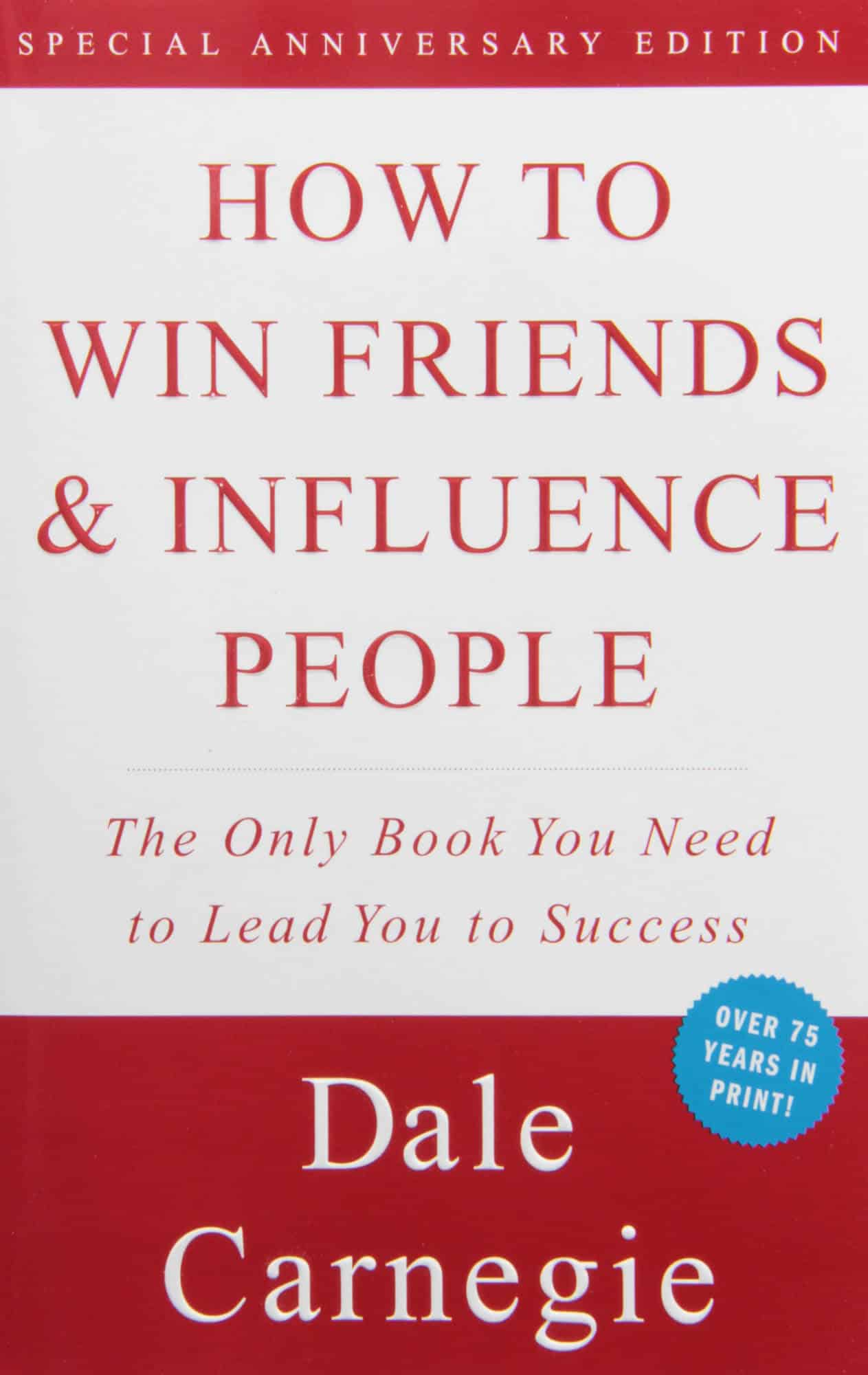

It was the first time in this young man’s life that someone had shown appreciation for a talent he had. The teacher appreciated Stevie’s strong sense of hearing because the boy was blind. One day, a teacher asked him to help her find a mouse that had been lost in the classroom. He tells the story of a boy named Stevie Morris who lived in Detroit. Here’s a bit more detail on three of his core principles:Ĭarnegie credits appreciation as “one of the most neglected virtues of our daily existence.” Since we tend to focus on ourselves, we often forget to encourage and compliment our coworkers, children, spouses, or others we might meet on our daily journeys. Everyone wants to feel appreciated, encouraged, heard, and understood. In his well-organized volume, Carnegie uses many stories from real people in history to illustrate his points, which makes it an interesting read.Ĭarnegie’s central idea is that we can influence others with the simple act of showing respect and appreciation.Ĭarnegie quotes John Dewey, who said that “the deepest desire in human nature is ‘the desire to be important.’” The book talks a lot about how people want to be appreciated – and how we can meet that need. Let me share the core ideas of Carnegie's great book, with the hope that you’ll pick it up and learn more. Robert Cialdini in his book Influence: the Psychology of Persuasion. What Carnegie wrote instinctively more than eight decades ago has since been scientifically verified by researchers, including Dr.

People are shocked to learn that the first edition actually was published in 1936!Ĭarnegie, who became a famous writer, trainer, and lecturer, was far ahead of his time in unearthing the principles of influence. However, when I ask when Carnegie wrote this landmark book, guesses vary widely, mostly settling in the 1960s. Most people recognize this book and author. When I’m working with a group of leaders and someone asks for book recommendations, one of my first choices will be the classic, How to Win Friends and Influence People, by Dale Carnegie. When dealing with people, remember you are not dealing with creatures of logic, but creatures of emotion.


 0 kommentar(er)
0 kommentar(er)
